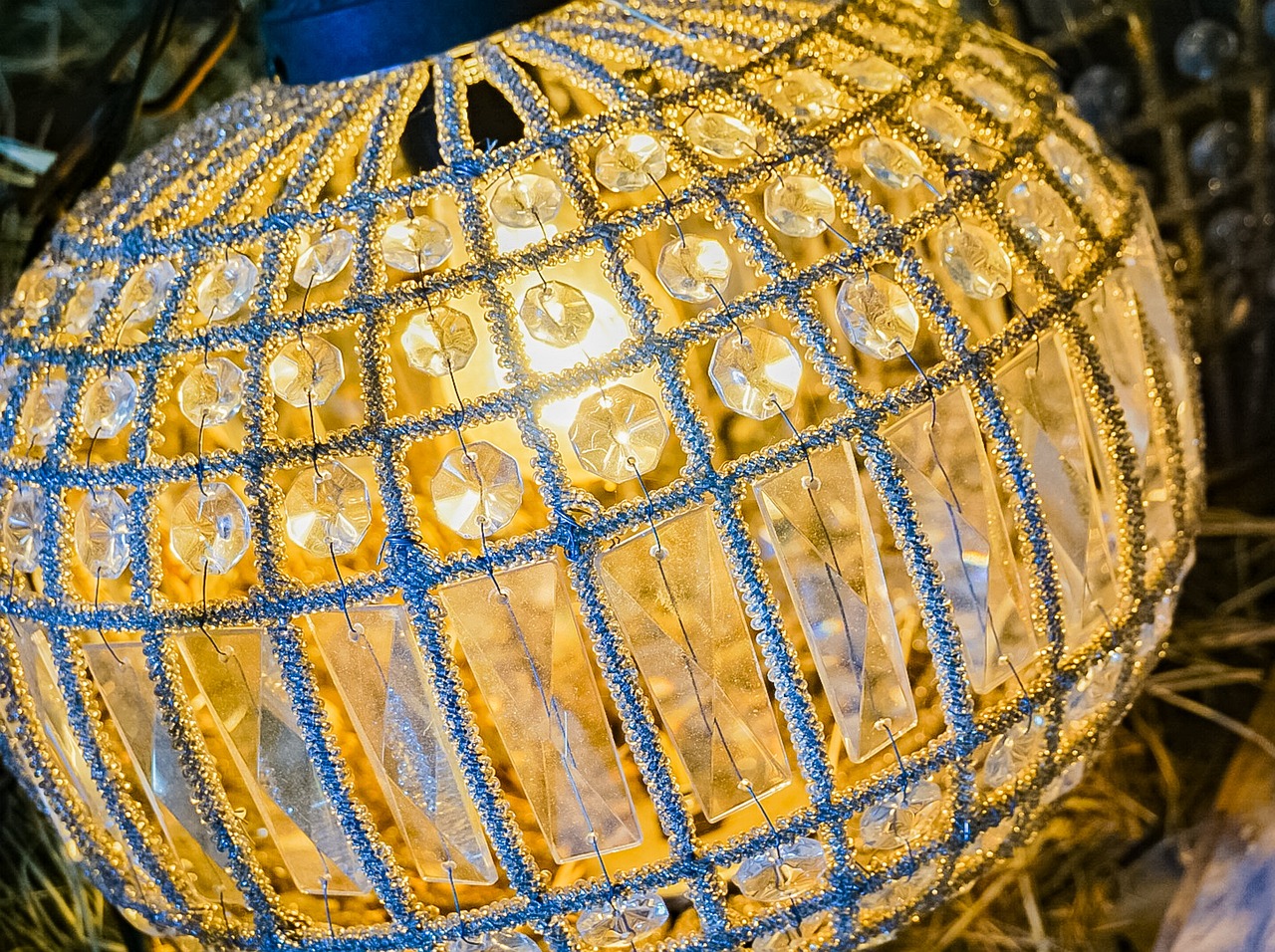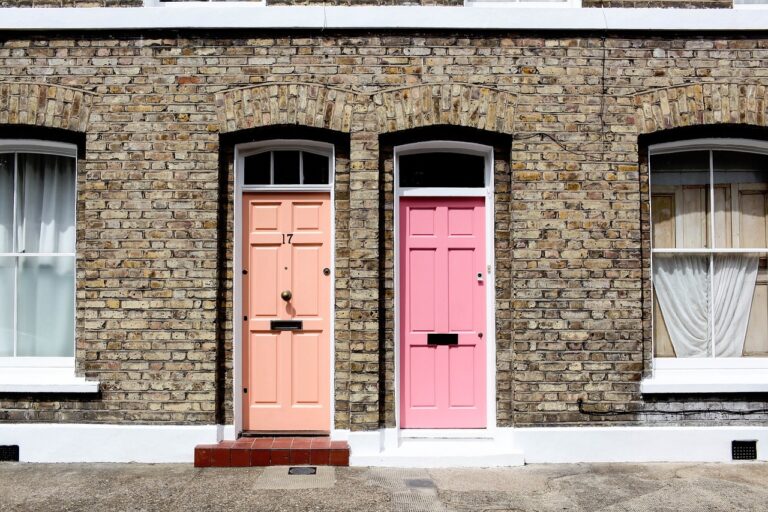Energy-Efficient Lighting Solutions: LED vs. Smart Bulbs
11xplay registration, laser 247com, tiger exchange 247 vip login: Energy-efficient lighting has become increasingly popular in recent years, with many homeowners looking for ways to reduce their energy consumption and lower their electricity bills. LED bulbs and smart bulbs are two of the most popular options when it comes to energy-efficient lighting solutions. But which one is the better choice for your home? In this article, we will compare LED bulbs and smart bulbs to help you decide which option is best for you.
LED Bulbs
LED bulbs have been around for a while now and have quickly become the go-to choice for energy-efficient lighting. These bulbs use light-emitting diodes to produce light, which is much more energy-efficient than traditional incandescent bulbs. LED bulbs are also long-lasting, with some models lasting up to 25,000 hours or more.
One of the biggest advantages of LED bulbs is their energy efficiency. LED bulbs use significantly less energy than traditional incandescent bulbs, which can lead to substantial savings on your electricity bill over time. LED bulbs also produce very little heat, making them much safer than traditional bulbs.
Another advantage of LED bulbs is their versatility. LED bulbs come in a wide variety of shapes, sizes, and colors, making them suitable for almost any lighting application. Whether you need a bright light for your kitchen or a soft, warm light for your bedroom, there is an LED bulb that will meet your needs.
Smart Bulbs
Smart bulbs are a newer, more advanced form of energy-efficient lighting. These bulbs can be controlled remotely using a smartphone or smart home hub, allowing you to adjust the brightness and color of the light, set timers, and even create custom lighting schedules. Smart bulbs can also be integrated with other smart home devices, such as smart thermostats and security cameras, for a fully connected home experience.
One of the biggest advantages of smart bulbs is their convenience. With smart bulbs, you can control your lighting from anywhere in the world using your smartphone, making it easy to adjust your lighting to suit your needs. Smart bulbs also offer a wide range of customizable features, allowing you to create the perfect lighting environment for any occasion.
Another advantage of smart bulbs is their energy efficiency. Like LED bulbs, smart bulbs use less energy than traditional incandescent bulbs, helping you save money on your electricity bill. Smart bulbs also have additional features, such as dimming capabilities and color-changing options, which can further reduce energy consumption.
LED vs. Smart Bulbs: Which is Better?
When it comes to choosing between LED bulbs and smart bulbs, the right choice will depend on your specific needs and preferences. LED bulbs are a tried-and-true option for energy-efficient lighting, offering long-lasting performance and a wide range of options. Smart bulbs, on the other hand, offer advanced features and convenience, allowing you to control your lighting from anywhere.
If you are looking for a simple, cost-effective lighting solution, LED bulbs may be the best choice for you. LED bulbs are easy to install, require no additional equipment, and can help you save money on your electricity bill. If you are looking for more advanced features and control over your lighting, smart bulbs may be the better option for you. Smart bulbs offer a wide range of customizable features and can be integrated with other smart home devices for a fully connected home experience.
FAQs
1. Are smart bulbs more expensive than LED bulbs?
Smart bulbs are generally more expensive than LED bulbs upfront, but they can offer additional features and convenience that may justify the higher cost for some homeowners.
2. Can LED bulbs be used with a smart home system?
Yes, many LED bulbs can be integrated with a smart home system for added convenience and control over your lighting.
3. How long do LED bulbs last compared to smart bulbs?
LED bulbs tend to last longer than smart bulbs, with some models lasting up to 25,000 hours or more, compared to the average lifespan of a smart bulb, which is around 15,000 hours.
In conclusion, both LED bulbs and smart bulbs are excellent options for energy-efficient lighting in your home. LED bulbs offer long-lasting performance and energy efficiency, while smart bulbs provide advanced features and convenience. Consider your specific needs and preferences when choosing between LED and smart bulbs to find the best lighting solution for your home.







